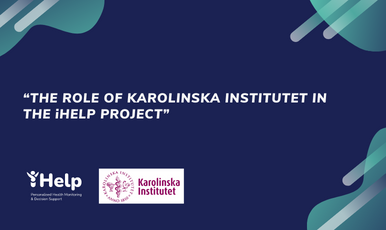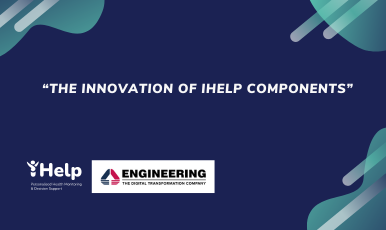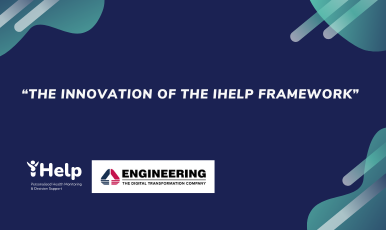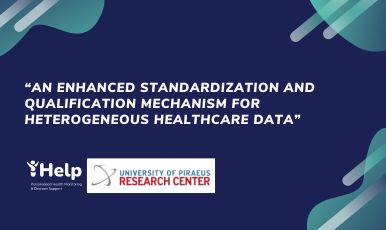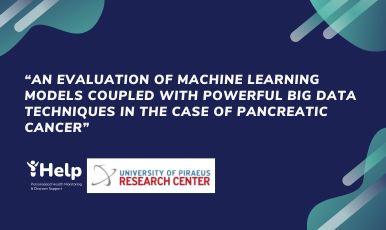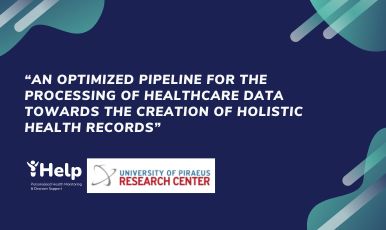The team from KI is led by Tanja Tomson, head of the Prevention, Policy and Practice (PPP) Unit at the Department of Learning, Informatics, Management and Ethics (LIME). The PPP research group aims to generate evidence for effective prevention and promotion in national and global health care. Using mixed methods and robust evaluation designs, the PPP group has implemented a long-term study of the effectiveness of innovative tobacco prevention interventions in Swedish primary care; we are also involved in a study of the role of big data for health care policy. The PPP team collaborates in this project with partners and medical researchers both within and outside Karolinska Institutet with long experience in the design, implementation and evaluation of decision support systems in healthcare settings in Sweden and abroad.
The iHelp consortium is building an ambitious and far-reaching study using several interconnected approaches to contribute to more effective risk detection and prevention of pancreatic cancer using predictive interventions that should influence both practice and policy. The aim is that the results of this study can subsequently be implemented in the prevention of other health conditions that are similarly difficult to detect and diagnose.
In the iHelp project, we are contributing to the evaluation of the effectiveness of the risk assessment components of the project as well as consulting on the ethical and policy aspects of the larger project. We work closely with the University of Manchester team who are charged with designing and delivering Pilot 1: Study of Genomics and Epigenomics Markers for Early Risk Assessment of Pancreatic Cancer; we are also involved in the work package investigating “AI for Early Risk Assessment and Personalised Recommendations”. We offer our training in public health policy, clinical medical practice, medical ethics, psychology and anthropology to assist the larger project as well as specific work packages. We approach the project with the individual participants in mind, in terms of the patient interfaces as well as the construction of the technological infrastructure.
Using AI with big data in healthcare presents opportunities and challenges. AI has the potential to bridge big data and clinical applications, but there is a need for evaluation and review from the perspective of medical ethics, public health and other social science disciplines. Beyond the architectural complexity and the complexity of integrating the data from myriad sources, it is crucial that any application of AI to big data in a clinical setting consider the patient as well. This includes ethical considerations as well as whether and how the data are reliable, accurate, and even useful for improving patient outcomes. In incorporating data from social media, the project will need to be especially sensitive to social, cultural, age, and other issues that affect access to social media and thus representation in these data.

